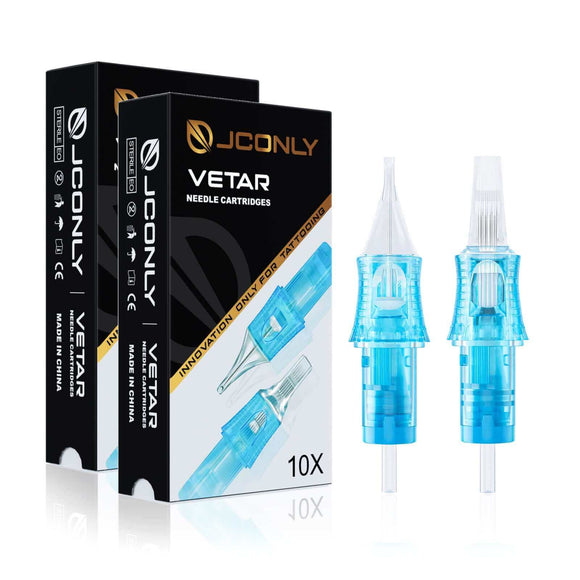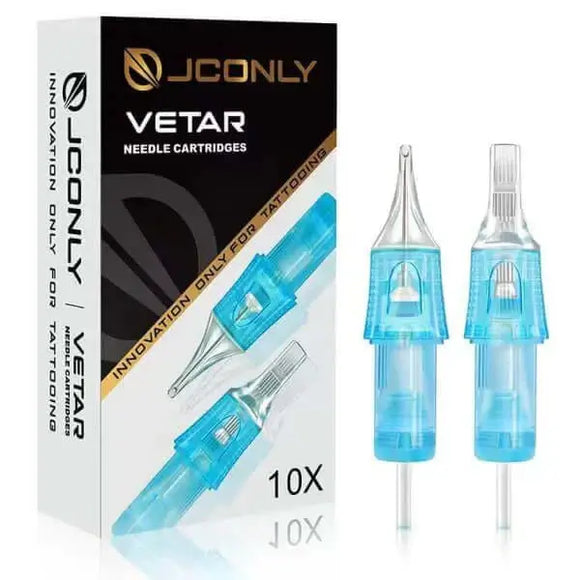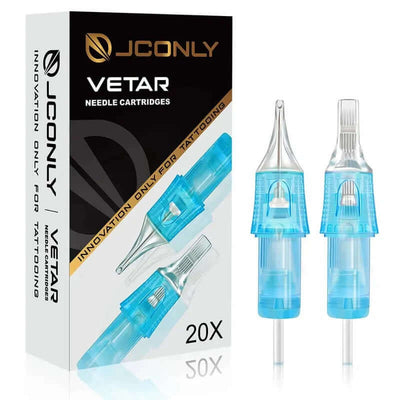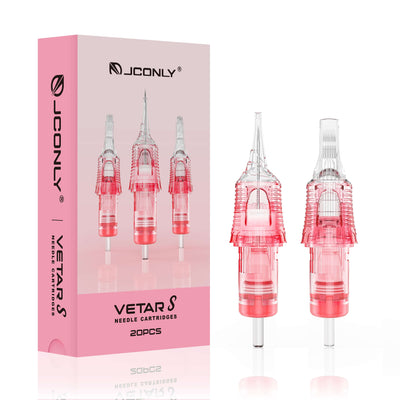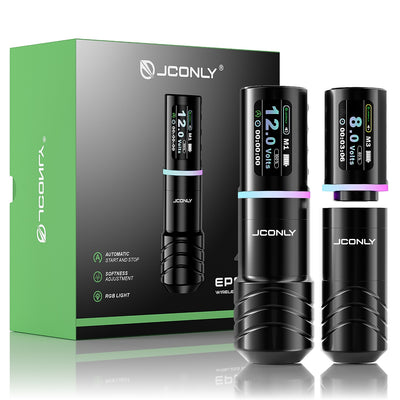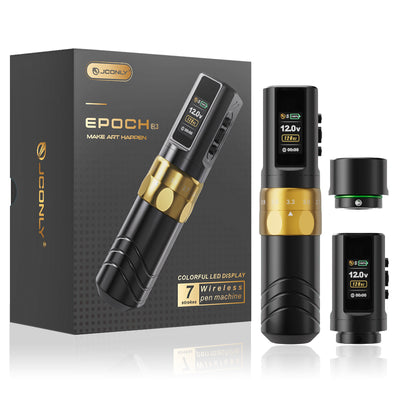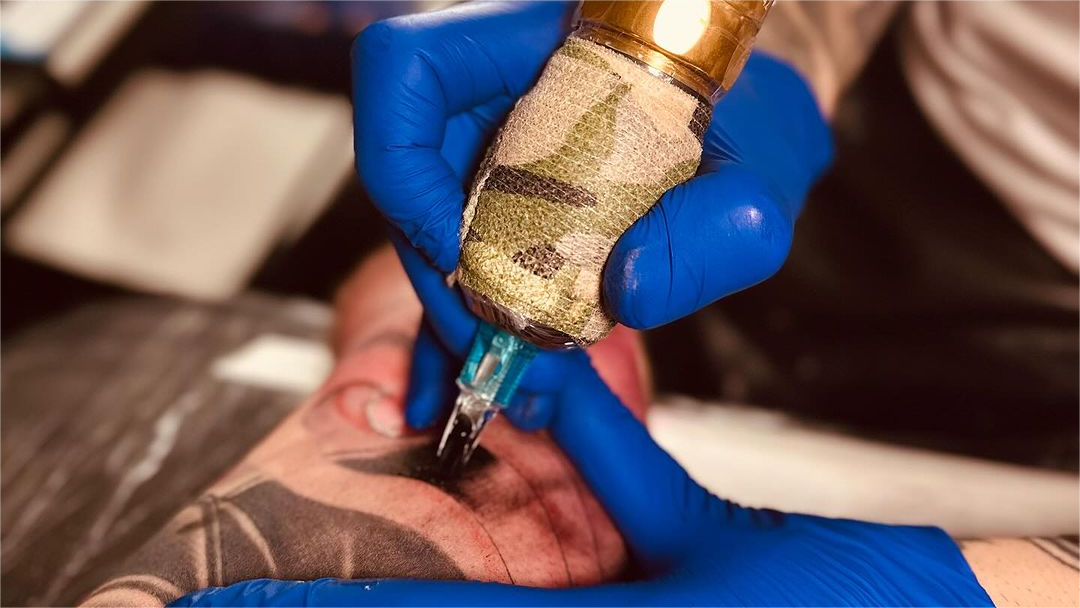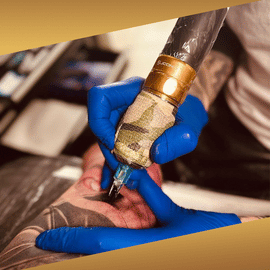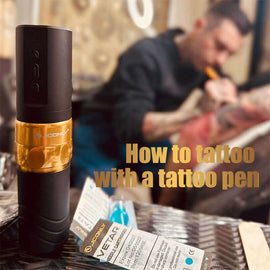In the art of tattooing, the depth of the tattoo needle going is one of the key factors determining both the effectiveness and safety of the tattoo. Understanding the appropriate depth for tattoo needle penetration is crucial in creating enduring and pleasing artwork. If you're seeking knowledge about tattoos, particularly regarding tattoo needle penetration depth, you've come to the right place. This article will delve into the role, types, and correct penetration depth of tattoo needles, helping you better understand the essence of tattoo art.
Introduction to Skin Structure
Firstly, let's understand the basic structure of the skin. The skin is the body's largest organ, consisting of three main layers:
- Epidermis: This is the visible outer layer of skin responsible for protecting the body from environmental hazards. The epidermis constantly regenerates, with new keratinocytes migrating upward from the basal layer, shedding old cells from the surface.
- Dermis: The dermis is the middle layer of the skin, containing abundant collagen and elastic fibers, serving as the final destination for tattoo ink. This layer also houses blood vessels, sweat glands, and hair follicles, crucial for the longevity and color retention of tattoos.
- Hypodermis: The hypodermis is the deepest layer of skin, primarily composed of fat and connective tissue, providing protection and support to the body.

Role of Tattoo Needles
Tattoo needles are crucial components of tattoo machines responsible for delivering ink to the skin at the appropriate depth. When a tattoo needle punctures the skin, it deposits ink on the surface. As the needle retracts, it creates a vacuum seal that draws ink into the puncture, depositing it into the target skin layer, where it remains permanently.
Tattoo needles come in various shapes and sizes to accommodate different tattooing tasks. If you want to learn about the effects of different needle types, you can refer to our other article: "A Comprehensive Guide to Choosing Perfect Tattoo Cartridge Needles."

Correct Depth of Tattoo Needles
The depth of a tattoo needle determines the location of ink deposition and the longevity of the tattoo. Generally, tattoo needles should penetrate the epidermis and reach an appropriate depth in the dermis, typically around 1.5 to 2 millimeters. This depth not only allows the tattoo to remain permanent, but also body functions such as hair growth and sweating to continue.
This depth is not absolute, you also need make some changes depending on the skin, for example on the knees or older people will have thinner skin and need to be lighter. Shallow penetration may cause ink to fade or flake off, while excessive depth can lead to scarring, pain, or infection risks.

Techniques During Tattooing
As a professional tattoo artist, mastering the following techniques and considerations during the tattooing process is essential:
- Adjusting Tattoo Machine: Ensure that the needle depth and speed is appropriate for different body parts and tattoo designs to deposit ink accurately. For this, JCONLY EPOCH Wireless Pen Machine is an excellent choice. Its advanced technology allows for precise adjustments, with seven adjustable stroke lengths, making it suitable for nearly all tattoo styles and body areas. This versatility ensures your tattoos are executed flawlessly, regardless of the complexity or location.
- Controlling Hand Position: Maintain stable hand positioning and pressure to ensure the accuracy and consistency of needle penetration depth.
- Choosing the Right Needle Type: Select needle types and sizes based on the tattoo design and client preferences to achieve desired tattoo effects. JCONLY VETER Cartridge Needles are designed to provide superior performance and consistency. They are crafted with high-quality materials to ensure smooth ink flow and minimal trauma to the skin, making them ideal for both intricate details and bold outlines.

Tattoo Care
Post-tattoo care is crucial for ensuring tattoo effectiveness and skin health:
- Keep Clean and Moisturized: Follow advice from professional tattoo artists to regularly clean and moisturize tattooed areas to promote healing and color retention.
- Avoid Sun Exposure and Irritation: Prevent direct sunlight exposure and excessive friction to avoid tattoo fading or infection.

Safety and Health Concerns of Tattoo Needle Depth
While tattoo needles penetrate the dermis, qualified professional tattoo artists can accurately control needle depth to minimize ink entering the bloodstream or causing other health issues. It is important to choose reputable tattoo studios and experienced tattoo artists to ensure a safe and reliable tattooing process.

Conclusion
By gaining a deeper understanding of the role and correct depth of tattoo needles, you can better grasp the core elements of tattoo artistry. Continuous learning and practice are essential to becoming a professional tattoo artist. Only by continually improving skills and awareness can you deliver high-quality tattoo artwork to clients and ensure a safe and enjoyable tattooing experience. Choosing tattoo artistry is not just an art but also a responsibility!Featured collection
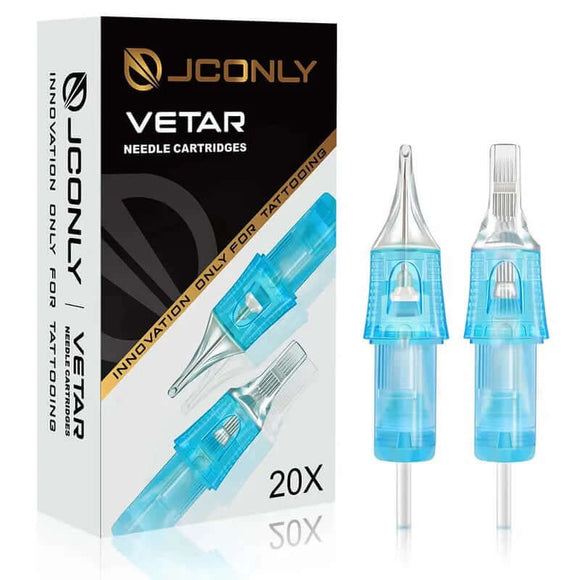
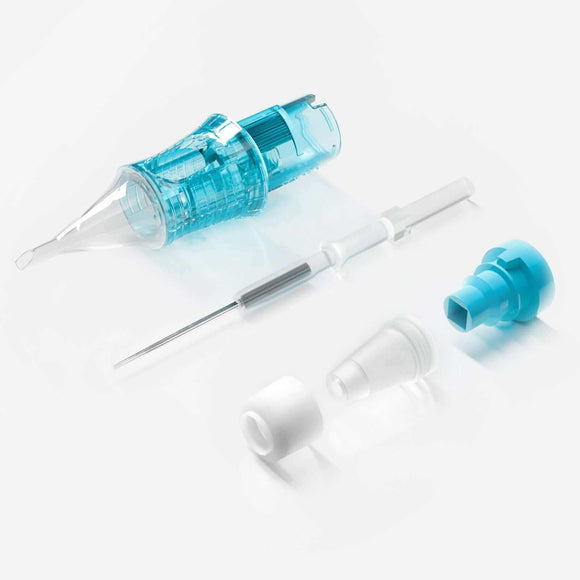
JCONLY VETAR Tattoo Cartridge Needles Round Liner
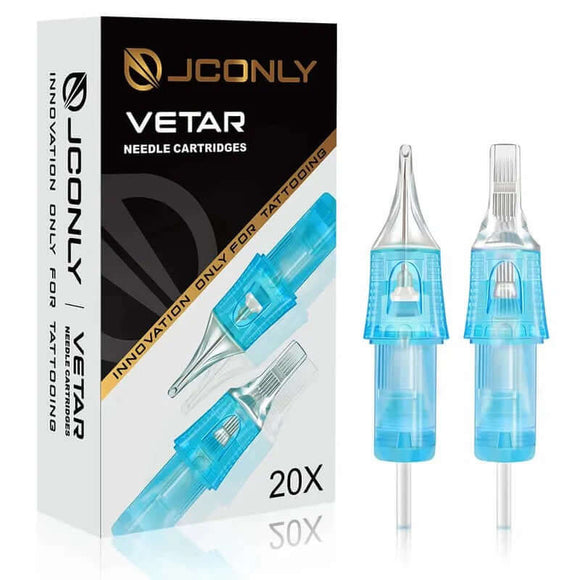
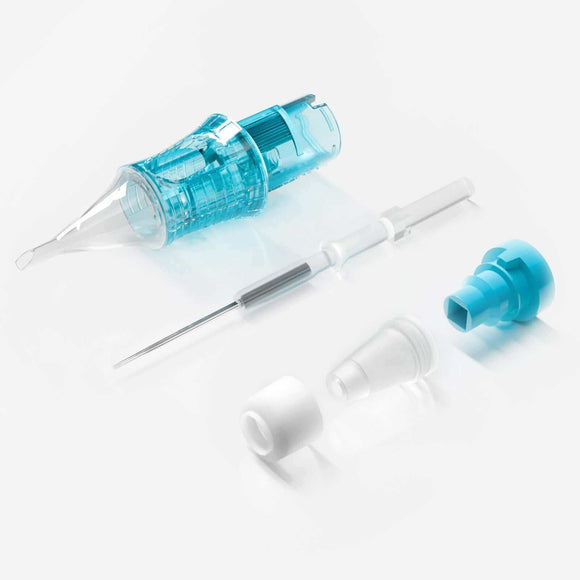
JCONLY VETAR Tattoo Cartridge Needles Round Shader
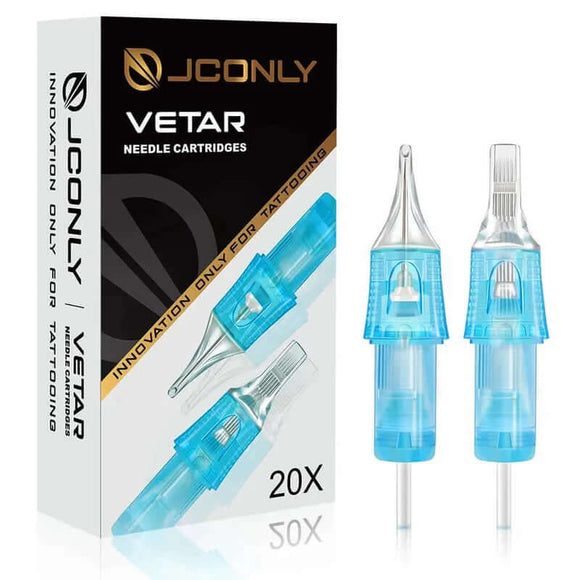
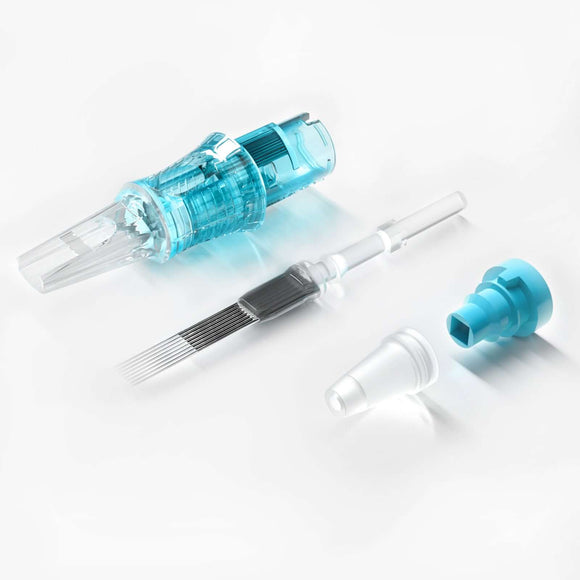
JCONLY VETAR Tattoo Cartridge Needles Curved Magnum
